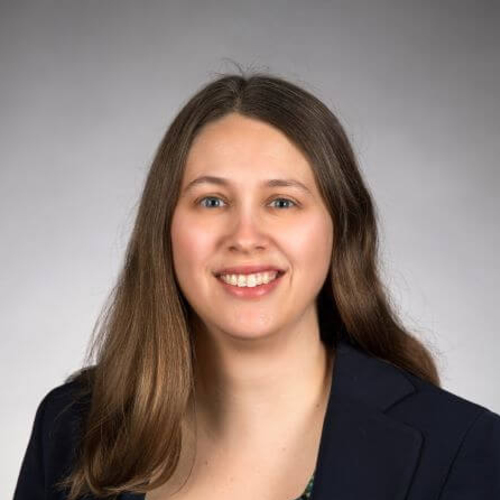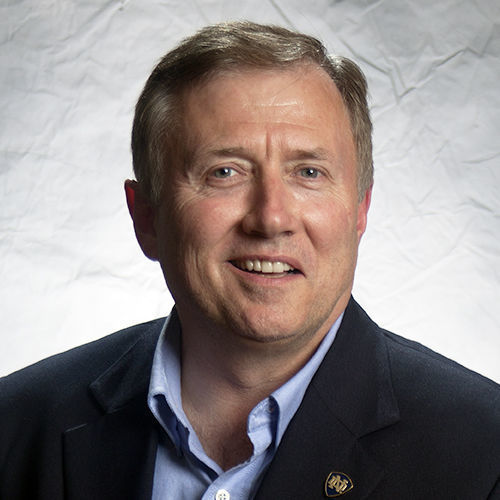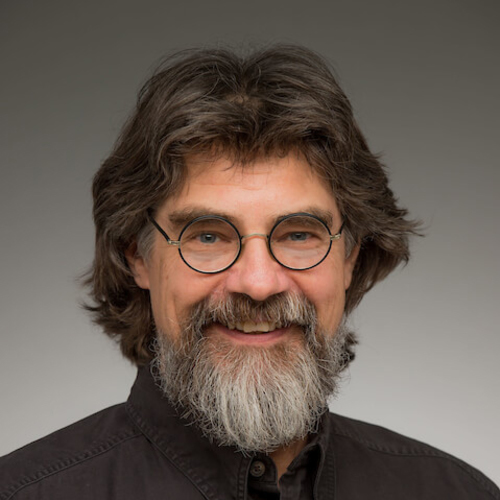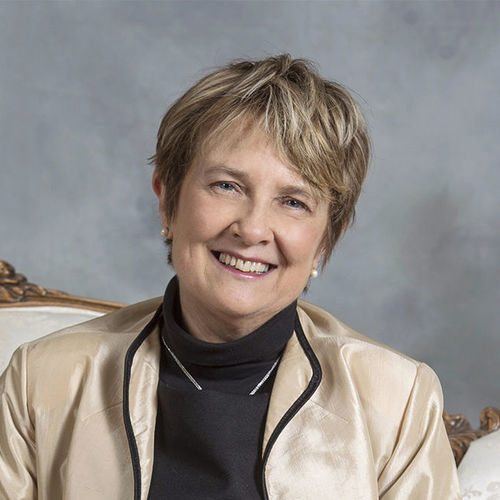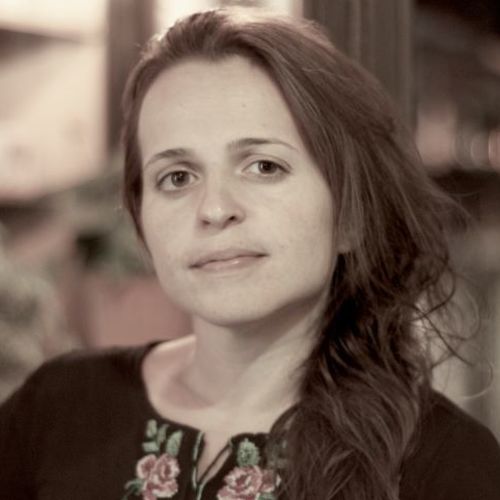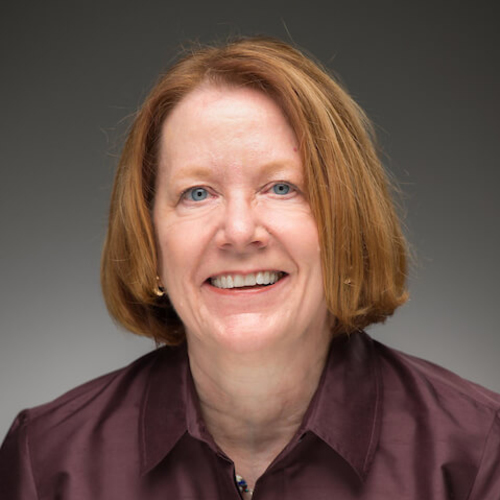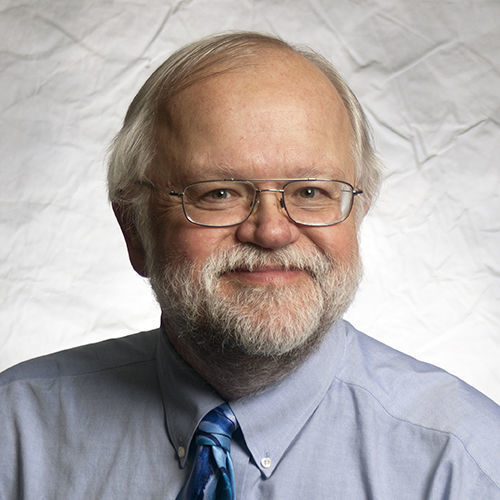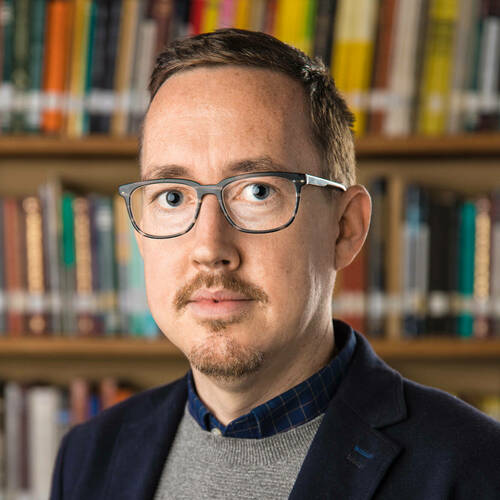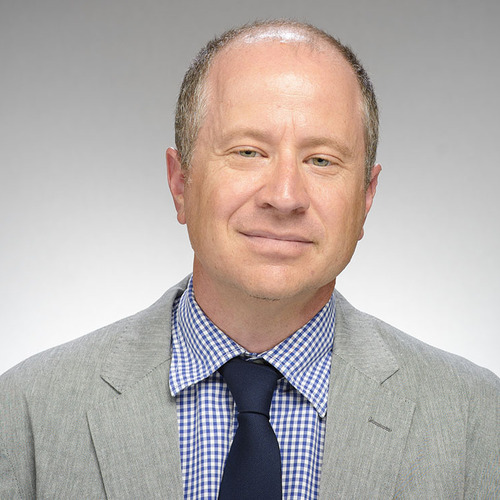Liturgical Studies
The graduate program in liturgical studies exists to advance the study and understanding of the worship life of the Christian Church in its various traditions. The program is inspired by the conviction that liturgy is the key to the church's identity, ethos, and orientation toward God and world. The program integrates three subdisciplines:
- liturgical history
- liturgical theology
- ritual studies
Liturgical history traces the roots and origins of Christian worship practices, the development of liturgical orders, and the diversification of liturgical rites. It studies the progress of rituals, calendars, texts, liturgical laws, devotions, architecture, graphic arts, and music—situating them in reference to cultural communities, historical circumstances, and theological understandings. Historical studies of the liturgy include comparative studies of different worship traditions, Jewish and Christian, Eastern and Western. The studies identify not only what was said and done, but also what was ignored, neglected, avoided, or repressed in the course of time.
“It’s my conviction that the best way to know about how early Christians worshipped — even what they believed — is to try to get as much information as we can about where they lived and what they saw, not just what they wrote and what they read."
— Robin Jensen, the Patrick O’Brien Professor of Theology
Liturgical theology reflects upon the meanings which believers, past and present, have associated with their worship traditions. Thus it studies the whole phenomenon of Christian worship, in both its historical manifestations and its contemporary realizations, attempting to articulate its theological content. In so doing, liturgical theology attends to what Christians believe to be happening in their common prayer and sacraments (sacramental theology) and to the ways in which the worship tradition itself interacts within the broader language of Christian faith and practice (historical and systematic theology).
Ritual studies rest on the premise that liturgy is an event, an act posited by faithful believers. Consequently, ritual studies examine the production of human meaning in liturgical celebration, while attending to the social and cultural contexts in which worship takes place. If liturgical history stresses the diachronic development of rites, ritual studies emphasize the synchronic dimension of worship.
The employment of pertinent research in the human sciences (e.g., anthropology, sociology, psychology) allows for study of ritual engagement in personal and social life—a substratum for a detailed perusal of the liturgical act as a phenomenon in which the various "languages" of worship conspire in ritual enactment. Temporal and spatial languages are treated as the symbolic backdrop for worship. Ritual studies also attend to other ritual languages, e.g., the acoustic, verbal (linguistic and mythic), gestural, aesthetic, and symbolic, as well as their interaction, as significant systems of the communication of meaning.
The program in liturgical studies provides all students with a grounding in the tasks and methods of each of these three approaches to the study of the liturgy while allowing them to develop that emphasis which most closely corresponds to their own research interests.
The liturgy program benefits from close association with the other doctoral programs and draws upon the wider resources of the University. These include the departments of history, music, art, sociology, and anthropology, and the work of research institutes such as the Program for Research on Religion, Church, and Society.
Faculty
-

Kimberly Belcher
Associate Professor
Liturgical Studies | Sacramental and liturgical theology, ritual studies, ecumenism, phenomenology, and Trinitarian theology. | Professor Belcher grew up in Sarasota, Florida, and attended the University of Florida, where she earned a B.S. in Mathematics and Chemistry. It was at the university parish of St .Augustine's that she became interested in liturgy and theology. Coming to Notre Dame for graduate work, she eventually received an M.T.S. and Ph.D. in liturgical studies. She taught at the College of St. Benedict and St. John's University in Collegeville, Minnesota, before returning to Notre Dame on the faculty in 2013. Professor Belcher has three children.
-

Michael Driscoll
Professor Emeritus
Liturgical Studies |Currently working on a book on Liturgy and Aesthetic and manual on the ars celebrandi |Michael S. Driscoll is a priest of the diocese of Helena, Montana. Ordained in 1977, he has spent the majority of his years in priesthood teaching -- first at Carroll College, the diocesan college in Helena from 1981-1994, and then at the University of Notre Dame since 1994 to the present. He entered into emeritus status in January of 2016 and still teaches the occasional course usually in the Fall semester. He is an active member of several professional groups having served in the leadership of each: North American Academy of Liturgy (NAAL), the Societas Liturgica, and the Catholic Academy of Liturgy (CAL). He is the founding director of the Masters program in Sacred Music (MSM) and the Interdisciplinary Minor in Liturgical Music Ministry at Notre Dame since 2005. Fr. Driscoll’s writings on the liturgy have brought him into the area of social justice as the lived experience of faith flowing from the Eucharist, as seen in Sacraments and Justice (Liturgical Press, 2014). He is very interested in making the connection between liturgy and life, between the Eucharist and ethics.
-

David Fagerberg
Professor Emeritus
Liturgical Studies | Applying the perspective of liturgical theology to (a) dogmatics, and (b) mysticism. | Fagerberg holds a B.A. from Augsburg College (1972), M.Div. from Luther Northwestern Seminary (1977), M.A. from St. John’s University, Collegeville (1982), S.T.M. from Yale Divinity School (1983), and M.A., M.Phil., and PhD. from Yale University (1991). He taught in the Religion Department of Concordia College, Moorhead, MN, from 1988-2001; the Liturgical Institute at Mundelein Seminary 2002-03; he has been at Notre Dame since 2003. His area of study is liturgical theology – its definition and methodology – and how the Church’s lex orandi (law of prayer) is the foundation for her lex credendi (law of belief). He also has interests in sacramental theology, Eastern Orthodoxy, linguistic philosophy, scholasticism, G. K. Chesterton and C.S. Lewis.
-

Margot Fassler
Keough-Hesburgh Professor of Music History and Liturgy, Emeritus
Liturgical Studies, History of Christianity | Theology, Liturgy, and the Arts; Congregational Studies; Sacred Music |Margot Fassler, Keough-Hesburgh Professor of Music History and Liturgy, University of Notre Dame, is Director of the Program in Sacred Music and Tangeman Professor of Music History, Emerita, Yale University. Recent books include Music in the Medieval West and its accompanying Anthology (New York, 2014); (with Jeffery Hamburger, Eva Schlotheuber, and Susan Marti) Life and Latin Learning at Paradies bei Soest, 1300-1425: Inscription and Illumination in the Choir Books of a North German Dominican Convent, 2 vols. (Munster, 2016), and Medieval Cantors and Their Craft (ed. with Katie Bugyis and AB Kraebel) York Medieval Press, 2017. Fassler is a member of the North American Academy of Liturgy, a former President of the Medieval Academy of America, a fellow of the American Academy of Arts and Sciences, and an Honorary Member of the American Musicological Society. Her digital work includes documentary studies of contemporary congregations. Her book: Cosmos, Liturgy and the Arts in the Twelfth Century: Hildegard’s Illuminated Scivias is forthcoming with the University of Pennsylvania Press. A digital model of creation and cosmos based on the illuminations of Scivias (with Christian Jara) will appear in 2021. These works have been supported by grants from the Luce Foundation, the Guggenheim Foundation, and the ACLS. In 2019-20, Fassler was a fellow at the Radcliffe Institute, Harvard University.
-

Nina Glibetić
Assistant Professor
Liturgical Studies | History of the Byzantine Liturgy, Pre-Modern Ritual Culture, Sinai Monasticism, Christianity among Medieval Slavs, Sacred Space & Ritual Purity, Medieval Liturgy and Gender | Professor Glibetić teaches in the field of liturgical studies. Her research is interdisciplinary, drawing principally from liturgiology, medieval history, ritual studies, and Byzantine and Slavic studies. She has received several fellowships, including at the Institute for Advanced Study in Princeton, Dumbarton Oaks, the Hebrew University in Jerusalem and the Yale Institute of Sacred Music. Professor Glibetić has published on a variety of topics, such as the development of eucharistic practices in Byzantium, the liturgy of early Slavs on the Sinai, religious rituals for women at childbirth and miscarriage, and the impact of liturgy on the formation of national identity. Before coming to Notre Dame, she was an Assistant Professor in Liturgical Studies at the Catholic University of America. Glibetić is also currently (2018-2020) a member of an international research team supported by the Austrian Science Fund and dedicated to studying the Glagolitic manuscripts discovered at St Catherine's Monastery on Mt Sinai in 1975. You can find more about this project, entitled "The Origin of the Glagolitic‐Old Church Slavonic Manuscripts," here.
-

Robin Jensen
Director of Master of Theological Studies
Patrick O'Brien Professor of TheologyLiturgical Studies, Christianity and Judaism in Antiquity |Early Christian art and archaeology |Robin Jensen’s research and publication focuses on the relationship between early Christian art and literature and examines the ways that visual images and architectural spaces should be regarded as modes of theological expression. Her published essays and books contend that, in addition to interpreting sacred texts, visual images enhance liturgical settings, reflect the nature and content of devotional piety, and explicate ritual practices. She teaches courses on the character of late antique Christian and Jewish art, the history and evolution of Christian architecture, the iconography of the cross and crucifix, depictions of Christ and the Virgin Mary, and the place and controversies over images and idols in ancient and early medieval Christianity. Additionally, she has researched the practices, distinctive character, and material evidence of Christianity in ancient Roman North Africa. Her current project, tentatively titled "From Idols to Icons" (under contract with the University of California Press) examines the emergence of a Christian material piety in the fourth and fifth centuries. This work discusses the perceived danger of visual representations of divine beings, early controversies over the miraculous power of saints' shrines and relics, the sacralization of structures and geographical places, and the belief that images may facilitate the presence of holy persons in their absence.
-

Maxwell E. Johnson
Professor
Liturgical Studies | Johnson's research interests are in the origins and development of early Christian Liturgy, with a special focus on the Rites of Christian Initiation, the Eucharistic Liturgy, and the Feasts and Seasons of the Liturgical Year. He is currently collaborating with with Stefanos Alexopoulos in writing a one-volume introduction to the Liturgies of the Christian East. |The Rev. Canon Dr. Maxwell E. Johnson is professor of Theology (Liturgical Studies) and a pastor in the Evangelical Lutheran Church in America. The author or editor of 25 books and of more than 90 articles and essays, he is also a past president of the North American Academy of Liturgy, and served for 25 years as an editorial consultant for Worship, Saint John’s Abbey, Collegeville, MN, and is a member of the Scientific Advisory Board for Ecclesia Orans, The Pontifical Liturgical Institute, Sant’ Anselmo, Rome. He will receive the Berakah Award from the North American Academy of Liturgy in January, 2022.
-

Gabriel Radle
Rev. John A. O'Brien Assistant Professor of Theology
Liturgical Studies |Liturgy, Late Antique and Medieval Christianity, Rites of Passage, Eastern Christian Liturgy and Monasticism |Gabriel Radle specializes in early and medieval Christian liturgy, with a particular focus on the Mediterranean world. His research contextualizes the historical practice of Christianity through the comparative reading of liturgical manuscripts across traditions and by engaging these sources with visual and material culture, hagiography, homiletic literature, and legal documents, both canonical and civil. His publications include studies on marriage rituals in East and West, including a monograph on late antique and Byzantine weddings (forthcoming, Cambridge University Press), prayer books on Sinai, medieval rites of passage for children and adolescents, manuscripts of eucharistic texts, and the unique medieval religious history of Southern Italy. Radle has lectured internationally and held research fellowships at Yale University's Institute of Sacred Music, Dumbarton Oaks (Harvard University), the Hebrew University of Jerusalem, Princeton University, the Institute for Advanced Study, and the University of Regensburg (Alexander von Humboldt Foundation fellow).
-

Jeff Wickes
Associate Professor
History of Christianity, Liturgical Studies |Late Antique Christianity; Syriac literature; ritual studies; religion and literature |Jeff Wickes focuses on the interplay between Syriac literature, theology, and liturgy in the context of late antique Christianity. Building projects that work from close readings of Syriac texts, he gravitates in his work towards larger questions of genre (especially poetry), religion, and theology as they play out within the historical horizons of late antique Christianity, and as those horizons meet our own in the contemporary world. His first two books focused on Syriac Christianity’s formative voice, Ephrem the Syrian, and sought to find the place where performative context and exegesis met in the space of Ephrem’s poetry. His current book turns to a range of Syriac hagiographical poems sung between the fourth and sixth centuries to ask questions around form, agency, time, and gender in late antique poetry and the cult of the saints. He comes to Notre Dame after nine years at Saint Louis University. Prior to that, he completed a PhD at the University of Notre Dame, an MA at St. Vladimir’s Orthodox Seminary, and a BA at the University of Tennessee-Chattanooga. His work has been supported by grants from, among others, the National Endowment for the Humanities, the Dumbarton Oaks Research Library and Collection, the Mellon Foundation, and the Dolores Zorhab Liebmann Fund.
